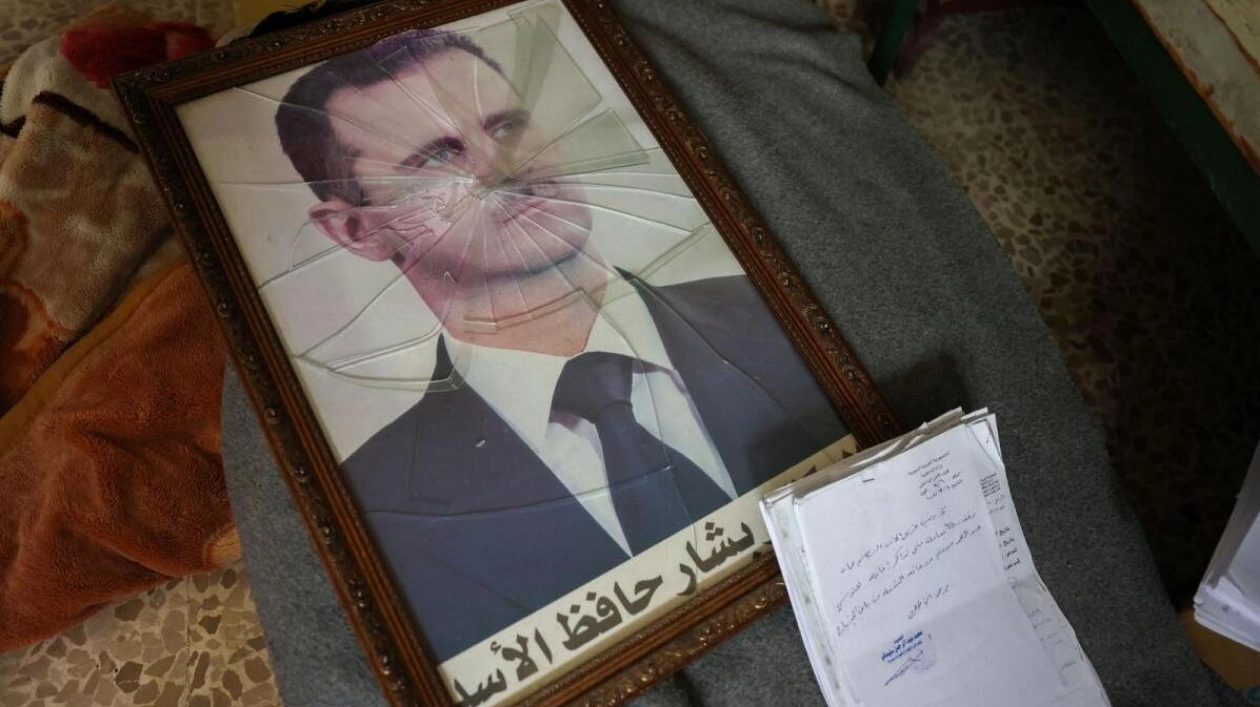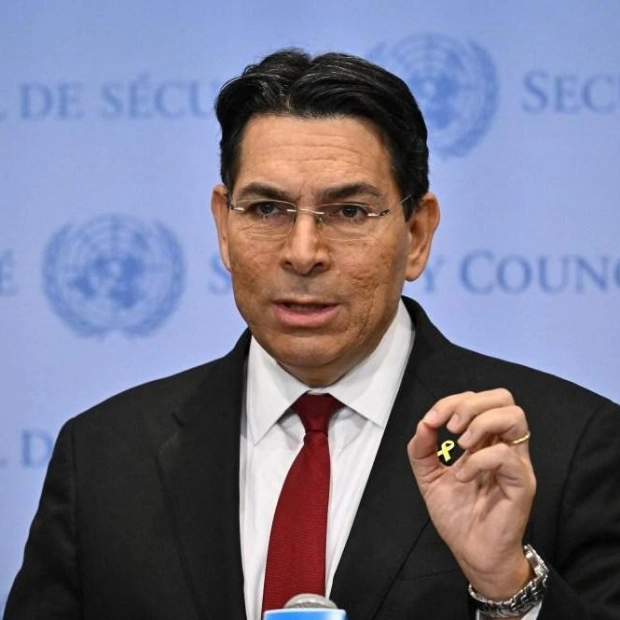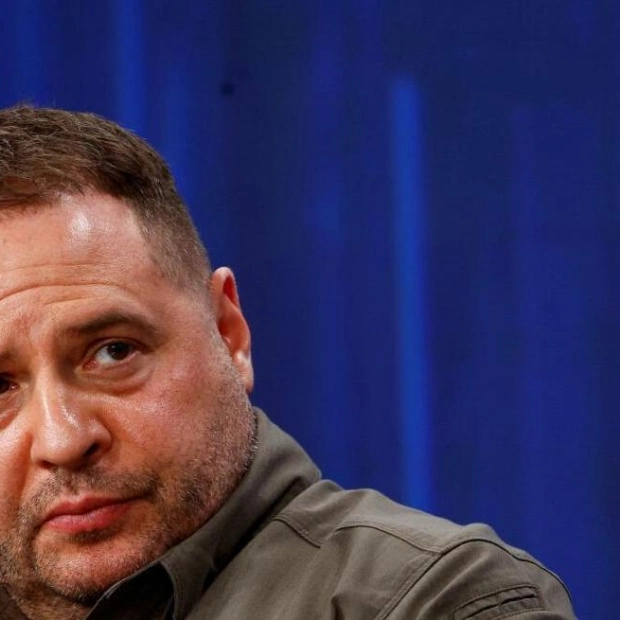Photo: AFP
Syrian President Bashar al-Assad orchestrated a brutal suppression of a pro-democracy uprising that escalated into one of the deadliest conflicts of the century. On Sunday, as opposition forces advanced into the capital, a Syrian war monitor reported that he had fled the country, potentially marking the end of his 24-year reign and the collapse of his family's five-decade rule. After quelling nationwide protests calling for his removal and nearly crushing an armed rebellion, Assad had, until a recent swift rebel offensive, regained control over much of Syria since the civil war erupted in 2011. Assad, known for his calm demeanor, relied heavily on alliances with Russia, Iran, and Lebanon's Hezbollah to maintain his power. While waging a relentless war to preserve his rule, he portrayed himself as Syria's indispensable leader against the Islamist threat. However, an Islamist-led rebel offensive that commenced on November 27 seized city after city from Assad's grasp. On Sunday, the rebels declared their entry into Damascus. Shortly thereafter, the Syrian Observatory for Human Rights reported that he had left the country, while the rebels claimed the 'tyrant' had 'escaped'. For years, Assad positioned himself as the guardian of Syria's minorities, a bulwark against extremism, and the sole provider of stability in a war-torn nation. In elections held exclusively in government-controlled areas, he secured overwhelming victories, despite accusations from Western nations and human rights groups that the votes were neither free nor fair. In official settings, interviews, and even on the battlefield, the 59-year-old ophthalmologist maintained a composed demeanor. Behind this facade, however, lay an extraordinary ability to cling to power amid waves of violence and transformative changes in Syria and the broader region. One journalist, who met Assad multiple times before and after the 2011 conflict, described him as a 'unique and complex figure'. Assad shares 'the same qualities' as his father, Hafez al-Assad, who governed Syria for nearly three decades until his death in 2000, according to the journalist, who chose to remain anonymous. Hafez al-Assad, leader of the Syrian Baath Party, established a secretive, paranoid regime where even the slightest hint of dissent could lead to imprisonment or worse. Bashar al-Assad was not initially destined to become president; his life took a dramatic turn when his older brother Bassel, groomed to inherit power, died in a car accident in 1994. Bashar abandoned his ophthalmology studies and returned from London, where he had met his wife Asma, a British-Syrian and Sunni Muslim who worked for JP Morgan. Back in Syria, he pursued military studies and received political tutelage from his father. Upon Hafez's death, Bashar became president through a referendum, running unopposed and winning a second term in 2007. At 34, Assad was initially viewed by Syrians yearning for freedoms as a potential reformer who could end years of repression and usher in economic liberalization. In his early days, he was seen driving his own car and dining out with his wife, relaxing some of the stringent restrictions imposed by his father. However, his reformer image quickly faded as authorities arrested and imprisoned academics, intellectuals, and members of the so-called Damascus Spring movement. When the Arab Spring reached Syria in March 2011, peaceful protests erupted demanding change. As commander-in-chief of the armed forces, Assad responded with a brutal crackdown, sparking a civil war that has claimed over 500,000 lives and displaced half the population. Throughout the conflict, Assad's stance on the protesters and opposition remained unchanged. He justified bombings and military campaigns as a war on 'terrorists', while his security forces operated a brutal system of detaining dissidents in a network of detention centers and jails notorious for abuses. He became the subject of numerous cartoons by dissident artists depicting him as a killer, particularly after the 2013 chemical attacks on rebel strongholds near Damascus. Since the start of the Islamist-led rebel offensive, Assad has reiterated his long-held view that the Syrian conflict is orchestrated from abroad. 'The terrorist escalation reflects the far-reaching goals of dividing the region and fragmenting the countries in it and (to) redraw the map in line with the objectives of the United States and the West,' Assad stated on Monday. He is the father of three children. His wife, Asma, was once hailed as a 'rose in the desert' by Vogue magazine before the uprising.
Source link: https://www.khaleejtimes.com






